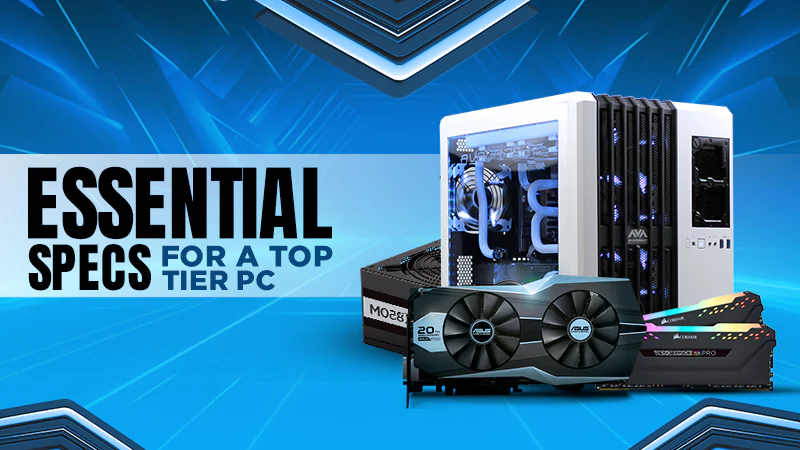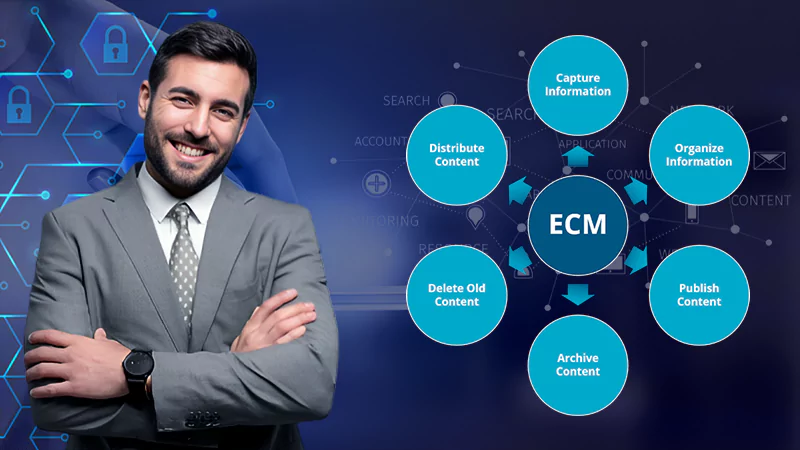Get All the Help from the Best Support Company – Managed IT Solution
All businesses must be vigilant against cyber threats. An IT support London provider we spoke to stated that cyber-attacks can (and they do) happen to businesses of all sizes. It doesn’t matter if you’re a small business, even a one-person start-up, you are still a target. It’s important to use a range of security solutions to protect your business. These security measures can be as complex as using AI-powered tools, or as simple as employing best practices among employees.
Storage and Backup –
Storage is a crucial part of network security in a few different ways. For example, ensuring that all company data – everything from employee documents and notes to personally identifiable information – is stored centrally can mitigate the risk of data leaks, which can happen simply by users losing track of where they are saving all their documents. You can even restrict company data from being copied or moved out of company-approved locations, using solutions like mobile device management tools. The other important way in which storage is important is with backup services – i.e. saving company data in a private cloud or off-site storage location with highly restricted access. If all your company data is regularly backed up, then in the event of a disaster, or something more malicious then you can easily restore any lost data.
MFA & Password Management –
Passwords are very easy to crack. It’s possible the computer you’re using right now could be repurposed to function as a password cracker – programmed to guess millions of password combinations a second. To add insult to injury reusing passwords, or using very simple, easy-to-remember passwords makes it easier for hackers to access private accounts. This can be avoided by using multi-factor authentication, the most reliable way of adding security to your sign-ins. On top of this, you should consider using a password manager to generate highly complex passwords that you don’t have to remember, because the manager will autofill them on web pages, and store them in encrypted digital vaults.
Firewalls –
Controlling traffic in and out of your network is also very important. A firewall is a network security system that monitors that traffic. It uses security rules to control incoming and outgoing traffic on a network. For example, if a website violates the security rules of a firewall, it can block access to that website. Firewalls are one of the oldest security systems, having been used since the late 80s; but they have become increasingly sophisticated. Some modern firewalls even utilize AI, so they are not limited by predetermined rules.
SIEM –
Security information and event management (SEIM) is an evolving field of computer security that offers real-time monitoring and analysis of your network security. It has many capabilities; for example, it can aggregate data from sources such as networks, servers, databases, and applications. It will then analyze all that data and look for correlations and other insights – in other words, it converts the aggregated data into useful information that security admins can view in the form of dashboards, charts, etc. The purpose of SIEM is to provide in-depth information to help organizations adapt their security, close vulnerabilities, and identify threats more quickly.
If you are wondering how to adopt these security measures for your company; you can certainly set some of these up yourself, but it is also advisable to work with an IT and managed service provider. If you’re based in London, for example, you will find plenty of good managed IT services London companies, who will be able to support you in your security. A managed IT services provider can help you with trickier solutions (like setting up firewalls or SIEM services).
Follow Us
Latest Post















